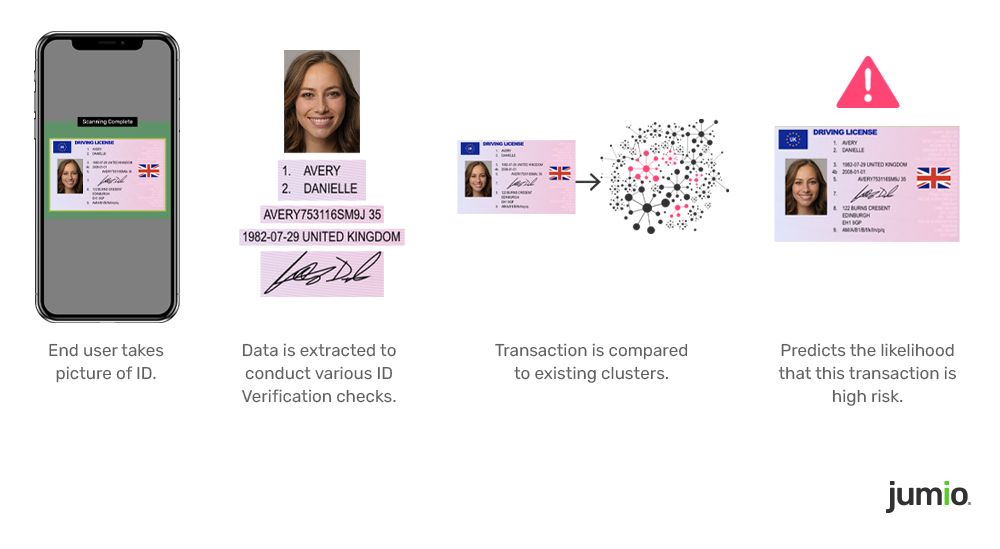
Jumio, a leading identity verification provider, today announced a new solution called Jumio 360° Fraud Analytics at the Money20/20 conference in Las Vegas. The technology aims to identify increasingly sophisticated fraud schemes like rings and coordinated attacks by analyzing patterns across Jumio's ecosystem of over 1 billion transactions.
The rise of organized cybercrime has allowed fraudsters to quickly target multiple companies, creating significant financial risks. Jumio 360° aims to prevent fraud before it happens by using machine learning algorithms to detect suspicious patterns.
The interconnected nature of fraud today requires a network-level approach, according to Jumio's data showing 25% of fraudulent transactions are linked. By comparing each verification to historical clusters showing similar behaviors, the system can assign a predictive risk score. Jumio claims this method improves fraud detection accuracy by 30% in initial testing.

Going beyond single-point analysis, during the standard ID and biometric checks when onboarding customers, the system looks at each identity verification in the context of the larger network and assigns a predictive risk score. If the risk score exceeds the specified threshold, the transaction can be automatically rejected to stop the fraudster.
To enable transparency, Jumio provides visualizations and insights explaining the reasoning behind each rejected verification. While highlighting cross-network connections, Jumio maintains privacy by only sharing user details with the associated company.
"The combination of sophisticated analytics and easily consumable insights makes this new technology a game-changer for fighting fraud," said Philipp Pointner, Jumio's chief product officer.
The company emphasizes that data from one company remains inaccessible to others, ensuring that sensitive user information is protected at all times. This allows for a comprehensive view of connections without exposing private details.
Jumio is no stranger to using AI to enhance identity verification. The company pioneered selfie-based authentication and now layers on predictive analytics to stay ahead of evolving threats.
360° Fraud Analytics is currently in early access with general availability planned for 2024. It builds on Jumio's existing end-to-end platform for identity proofing and compliance.
The new capabilities come as identity fraud losses reached $56 billion globally last year, underscoring the need for advanced protections. Jumio hopes its network effects and AI approach will curb this trend.

